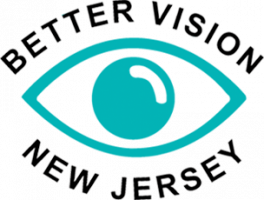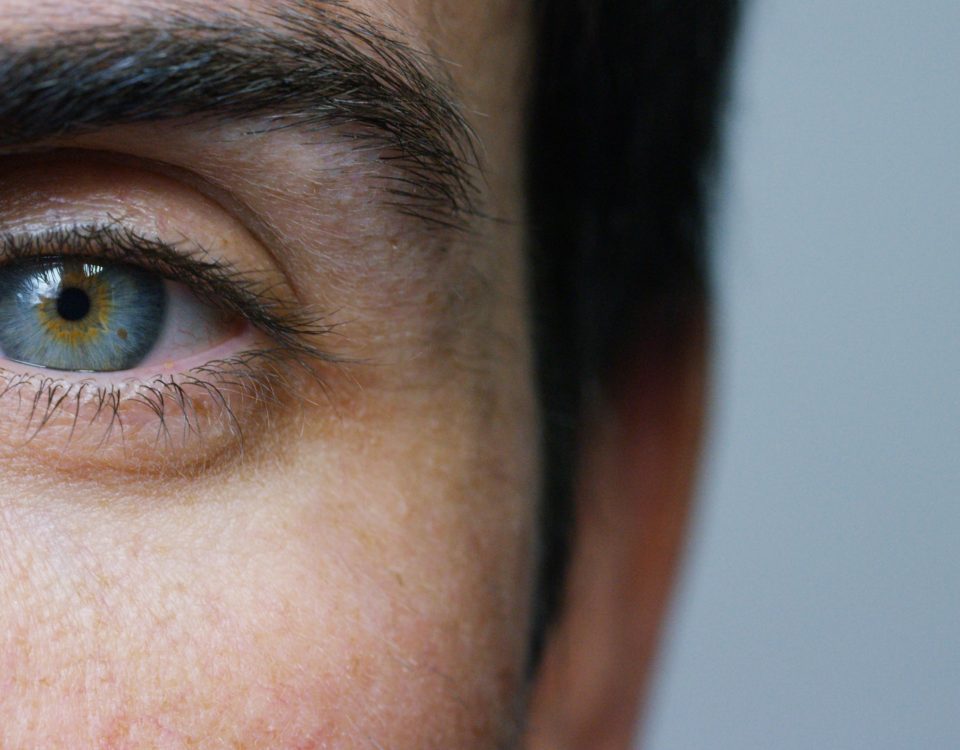Everything You Need to Know About Low Vision

Everything You Need to Know About Blinking
01/14/2021
Book an Appointment for National Doctors’ Day
03/15/2021Did you know that February is Low Vision Awareness Month? This month, we’re stressing the importance of preventative eye care while also assuring patients that it is possible to live a good life—even with vision loss. By practicing good eye habits, taking proactive measures, and coming in for exams, you can set yourself up for your best possible vision.
What is low vision?
Low vision refers to impaired eyesight that cannot be fully corrected with surgery, medications, or glasses. Some patients are born with low vision, while others develop it later in life. Those with low vision might struggle with daily tasks, such as reading or recognizing faces.
The most common causes of low vision are age-related macular degeneration, glaucoma, retinitis pigmentosa, eye injuries, and diabetic retinopathy. Because of this wide array of causes, low vision symptoms look different to everyone. In addition to reduced visual acuity, there are several other common symptoms. These include:
- Blurred vision
- Glare sensitivity
- Balance issues
- Dizziness
- Headaches
- Poor depth perception
If you are experiencing any of these symptoms, make an appointment for an eye exam.
How to prevent low vision
While you cannot control all eye disease risk factors—like family history, race, or age—you can be proactive with healthy habits. Some habits greatly lower the risks of developing conditions or injuries caused by low vision. These include regularly exercising, wearing eye protection, like safety goggles and sunglasses, eating a balanced, nutrient-rich diet, maintaining healthy blood sugar levels, and quitting smoking or vaping.
Most importantly, visit your eye care provider for regular comprehensive eye exams. This is especially important if you have known risk factors for certain eye conditions. In the office, we can monitor problems, treat issues early, and spot asymptomatic diseases. By being proactive with your care, you can set yourself up for your best vision.
Hope for those with low vision
If you or someone you know has low vision, you can still live an active and independent life. Low vision aids can be tailored to a patient’s needs. Options like glare-limiting contact lenses and magnification devices help maximize a patient’s vision capabilities and improve upon limitations. In addition, vision rehabilitation services can help those with vision loss adapt and live independently.
Whether or not you have sustained vision loss, yearly checkups with our eye care professionals can help you maintain your best vision and healthiest eyes. To book your appointment, please call our office today.




